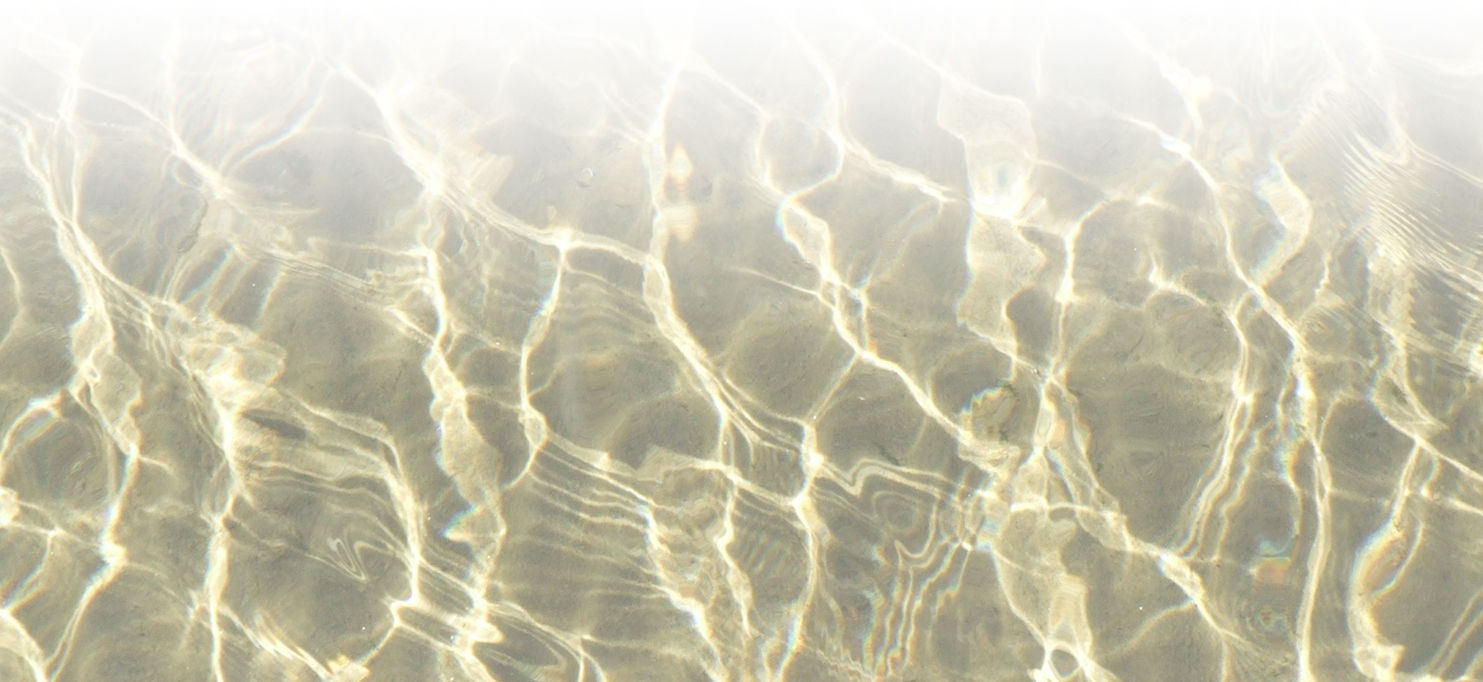
Getting out of Gao
Essay
A short piece about the God forsaken town of Gao, Niger, one of the experiences of travelling round West Africa by public transport. 700 words.
Getting out of Gao
It was the first bed made of mud that Carolyn and I had come across. In the Sub-Sahara, buildings of mud brick are common, whole towns of them, but ‘Bingo Camping’, on the southern edge of Gao, had utilised the main product from the Niger flood plains to build an entire lodge - restaurant, tables and a neat row of bedrooms.
You couldn’t camp there though the name caught the casual atmosphere well. The bed was depressing but not uncomfortable. It was surrounded by walls and partitions of mud so you had to slide yourself on to it from one end like a cadaver on a mortuary slab. But it was not nearly as depressing as Gao itself.
Gao is the town that, in all my travels, comes closest to the description of hell hole. It sits exhausted through age, heat and civil unrest at the edge of the Niger and is featureless and dull. The French redesigned it a hundred years ago into a grid pattern so it doesn’t even have the merit of character from strange little undrained alleys with mysterious corners. For some years the Tuaregs had been flexing their muscles against the Malian government so the whole region, including Gao, had been off limits to travellers. As there was no one there who required signs, there were none, to anywhere, from anywhere nor of anything.
Back packers get used to asking questions to find a place for the night or somewhere to eat. In Gao, a regional capital for God’s sake, it would have been pointless. No little restaurant names to refer to (no little restaurants perhaps - we never found out). No ‘walk to the end of the road and turn right’. Unless you are going toward the river, the roads go straight and for ever so have infinite right turns. No ‘turn left at the mosque’, or ‘Johnny’s bar’, or ‘building with the moroccan windows’. All corners and all buildings look the same, dry, dusty, square, grey brown and monotonous.
We asked Claude, our host, where the bus to Niamey went from. He introduced us to Ousman, a quietly spoken guy in his late teens, who proved invaluable. A twenty minute walk got us to a yard with a bus in it. Every seat had been taken for the following Friday. The next bus had been cancelled but we could have booked a seat for the Friday after that, ten days away.
Ousman wondered if there might be a taxi brousse the following day for Ansongo. ‘You can find a place to sleep there and travel on south the day after,’ he suggested.
He took us to a road about twice the width of any others seen so far where, clearly, most of the town negotiated travel. We got half a promise of a passage out in the morning while a crowd gathered to watch two rare white faces.
Carolyn asked about police roadblocks.
‘No problem if you’re passport’s been stamped.’
‘It hasn’t. Where’s the police station?’
‘It’s way outside town. You can’t walk it.’
‘I suppose there are no buses or taxis around.’
Ousman shook his head. Like a puzzle in a computer game, it seemed we could move on only if we ask the right question and achieve the correct solution.
‘I take you,’ said a voice at the back of the crowd. It was a jeans and tee-shirted young boy with a motorbike.
‘I know him,’ said Ousman, ‘no problem.’
Carolyn volunteered for the trip, in view of her vastly superior French, negotiated a price and disappeared down the road in a dusty haze.
I admit to being concerned at this point that something could go wrong. Backpackers must take risks that are not too outrageous otherwise the means, indeed the point, of travel is lost. But who was this guy and did he really know where the police station was?
We discussed it later on our mud beds. If we were going to travel to places that travellers don’t go to we should expect nothing there for the convenience of travellers QED. I said I was just glad to see her back but the mud partition meant we couldn’t even hold hands.